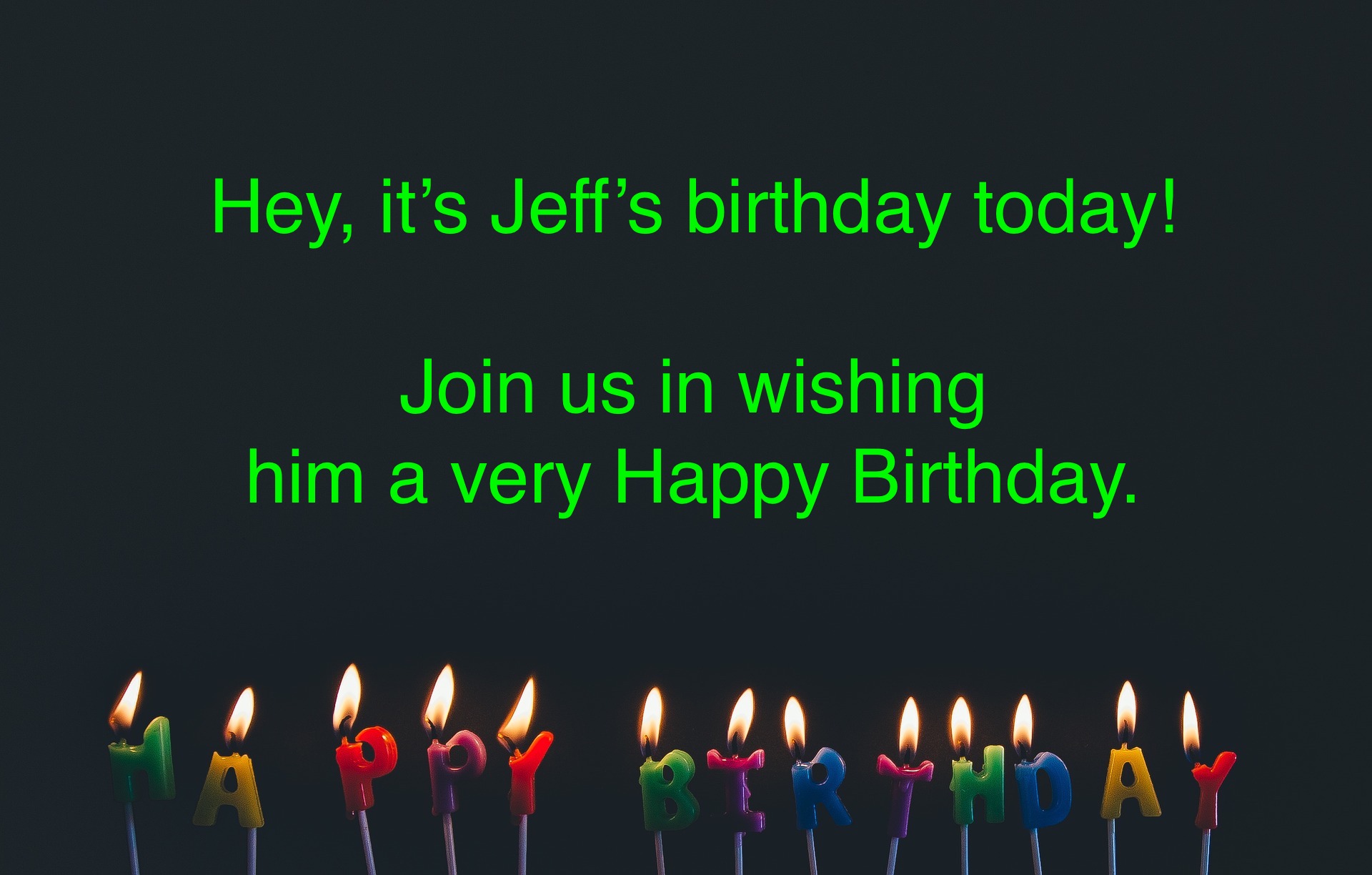This Thursday is Thanksgiving, and an American tradition on Thanksgiving is the Macy’s Thanksgiving Day Parade (see Cultural English 60).
Macy’s is a chain (business with many locations) of department stores in the U.S., selling anything from clothing and cosmetics to homewares (items used in the home, including furniture, home decorations, and items for the kitchen). A parade is a public celebration where people march (walk) along the street while other people on the side of the road are watching and cheering.
The Macy’s Thanksgiving Day Parade has been held since 1924 and is shown on U.S. television each year. It’s best known for its floats (a flat surface attached to a truck with a display on it) and especially the giant (very big) helium (a very light gas, chemical symbol “He”) balloons that float (move above the ground) along the parade route (path).
First included in 1968, the Snoopy balloon has appeared more than any other character. Other popular balloons in the parade’s history include Mickey Mouse, Superman, Kermit the Frog, Betty Boop, and Hello Kitty. Every year, new balloons are added to include popular TV and movie characters. Check out this year’s lineup (group of people or things scheduled to appear).
Here’s some old footage (recording movie film) showing the parade in 1939:
And here’s a recent Macy’s video showing what goes into creating those giant balloons, focusing on the “balloonatics,” the people who create those balloons and make them float. (“Balloonatics” is a made-up (not real) term, combining the words “balloon” and “fanatics,” who are people who like something a lot and think about it all the time.)
We have a lot to be thankful for this year. We are grateful that new listeners continue to find us and we are particularly thankful for our old listeners, who have stuck with us (remained with us) this year.
From all of us here at ESLPod.com, Happy Thanksgiving!
~ Jeff and Lucy
 The English language is full of quirks (strange things). One of them is contronyms.
The English language is full of quirks (strange things). One of them is contronyms.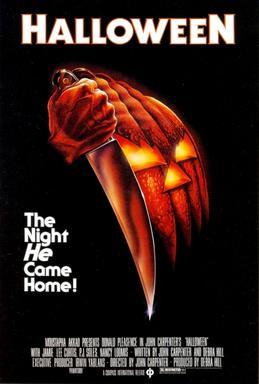 It’s Halloween and you’re watching your favorite horror (scary) film today. Can you hear it? It’s the squeak (making a high-pitched sound) of an old door, a high-pitched (with high sounds) scream, the sound of thunder (loud crashing sound during storms). These are all sounds you may hear in popular horror movies thanks to Jack Foley.
It’s Halloween and you’re watching your favorite horror (scary) film today. Can you hear it? It’s the squeak (making a high-pitched sound) of an old door, a high-pitched (with high sounds) scream, the sound of thunder (loud crashing sound during storms). These are all sounds you may hear in popular horror movies thanks to Jack Foley.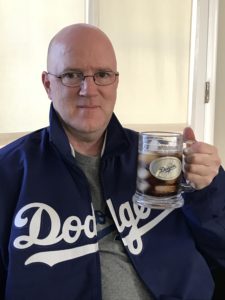 Today is the first game of this year’s Major League Baseball
Today is the first game of this year’s Major League Baseball 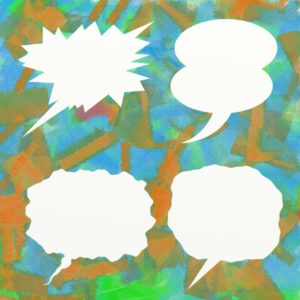 The Yiddish language originated in Central Europe in the 9th century A.D., spoken largely by the Jewish communities there. It spread to other parts of Europe (especially Germany), and was widely spoken in several countries prior to World War II.
The Yiddish language originated in Central Europe in the 9th century A.D., spoken largely by the Jewish communities there. It spread to other parts of Europe (especially Germany), and was widely spoken in several countries prior to World War II.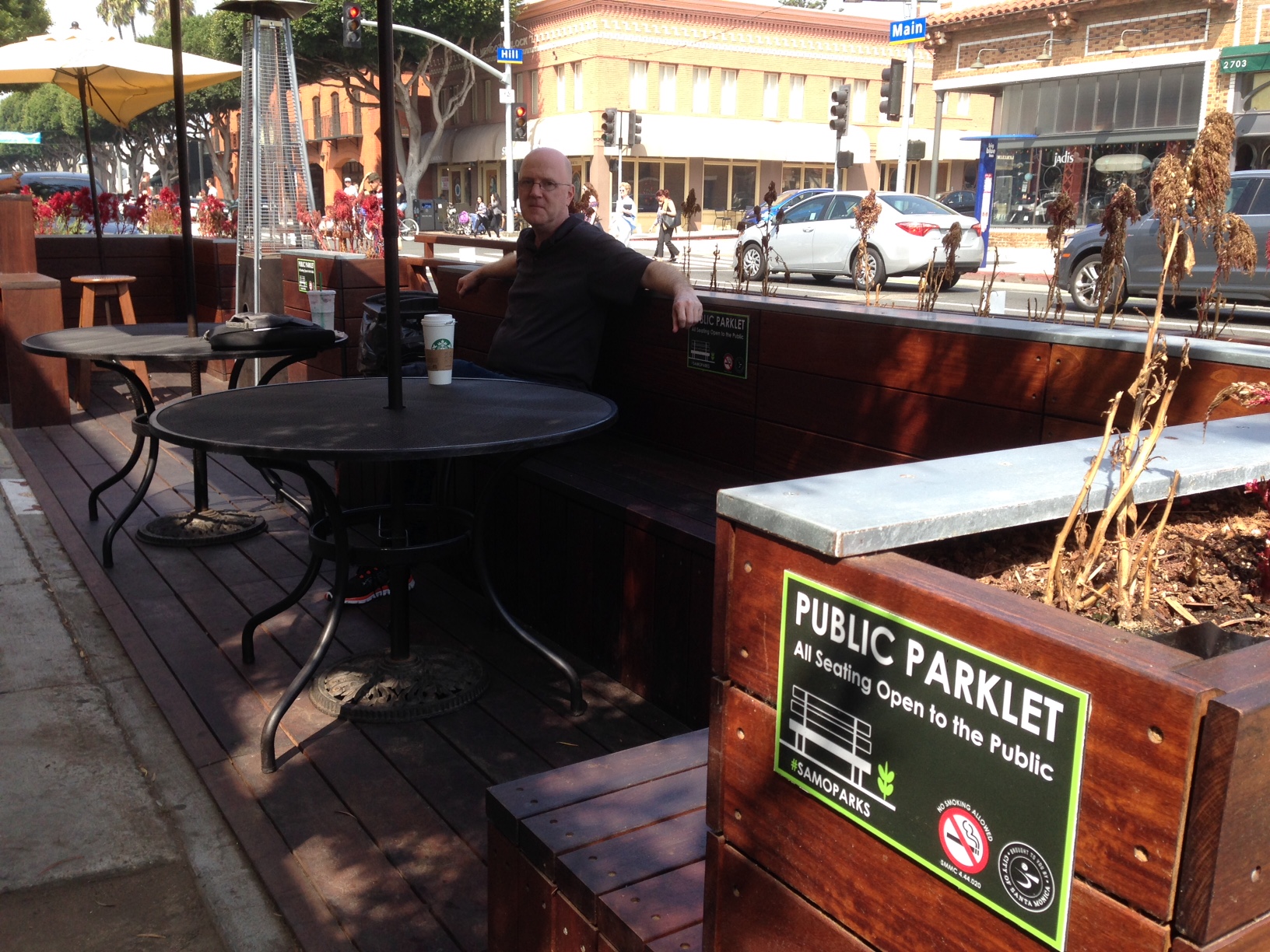 Here I am on Saturday afternoon enjoying my coffee. I’m not sitting outside of a cafe. I’m sitting at a parklet in Santa Monica.
Here I am on Saturday afternoon enjoying my coffee. I’m not sitting outside of a cafe. I’m sitting at a parklet in Santa Monica.
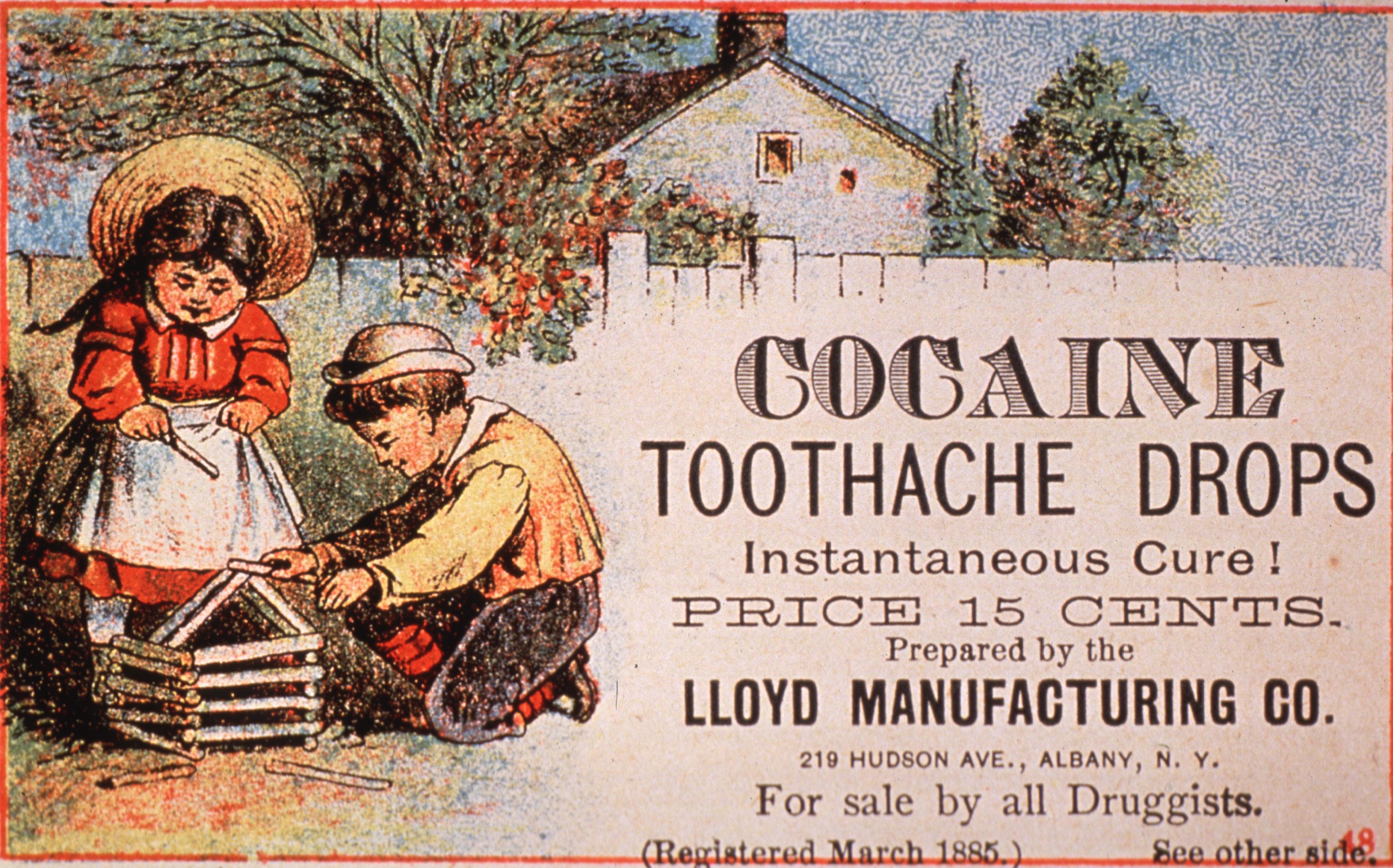
 *punk: a worthless person; a young and inexperienced person, who believes he or she is very skilled and knowledgeable
*punk: a worthless person; a young and inexperienced person, who believes he or she is very skilled and knowledgeable